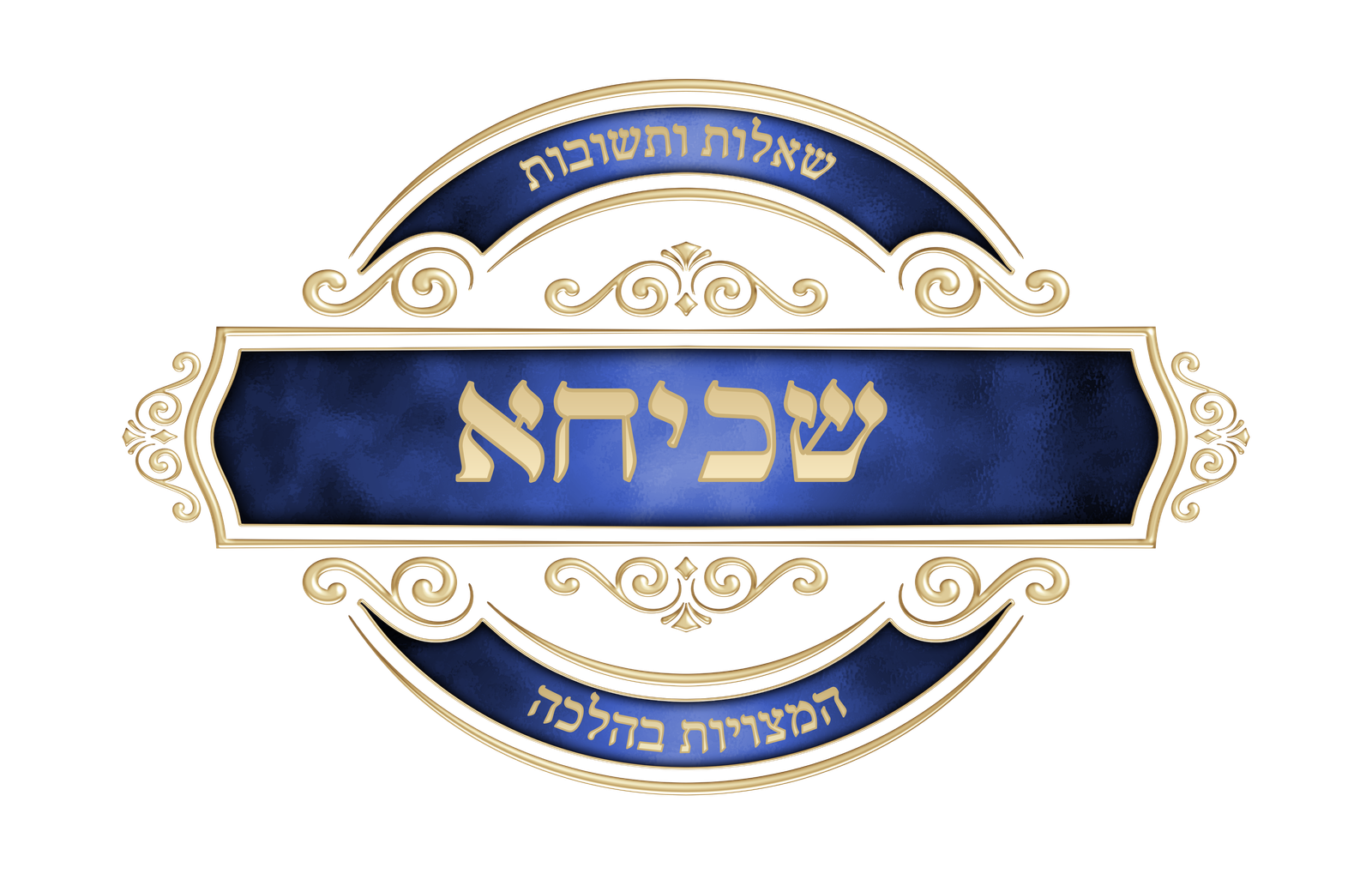המשנ"ב החמיר בזה מאוד ועי"ש חילוקי הדינים שכתב שדאורייתא אסור ומלאכות דרבנן רק במקום איבה הפמ"ג הסתפק בזה, ובלא איבה ודאי אסור, שכן יכול להשתמט ולומר שההיתר לחלל שבת הוא רק לצורך מי ששומר שבת. אולם כמה מפוסקי זמנינו נקטו ...!trpsttrp-gettext data-trpgettextoriginal=9739!trpenRead more!trpst/trp-gettext!trpen
The Mishnav was very strict about this, and because of the differences of law that wrote that daurita is forbidden and crafts are prohibited only in the place of enmity, the PMG was satisfied with this, and without enmity it is certainly forbidden, since it can evade and say that the permission to violate Shabbat is only for the purpose of those who observe Shabbat.
However, some of the decision-makers of our time have taken the view that this leadership could lead to the danger of lives from harassment, although it is obligatory to avoid a gentile doctor doing this and as a doctor not to do daurieta crafts, but if there is no choice, allow it.
Sources: Mishnav Shel, 8, Agam Och 4d At, and Ha Kaha, the Gershza in keeping Shabbat as the law of M, Mev, Menchat Yitzchak Ha Neg and Chag 20, and one must be satisfied if also The Mishnav admits that the situation has changed, and it should be noted that most of the words of the arbitrators of our time were said in the years closer to the Holocaust than today, but if he has a right to dodge in any case, one should dodge, such as explaining to them that it is a religious matter that was only allowed in order to continue the possibility of the patient's Shabbat observance, and that a doctor Someone else will be able to treat the gentile patient, and of course not in a way that the gentile's life depends only on the Jewish doctor.
!trpsttrp-gettext data-trpgettextoriginal=9740!trpenRead less!trpst/trp-gettext!trpen

